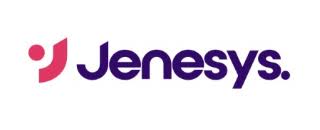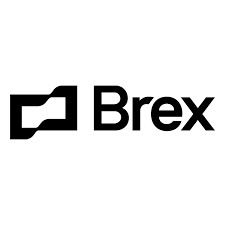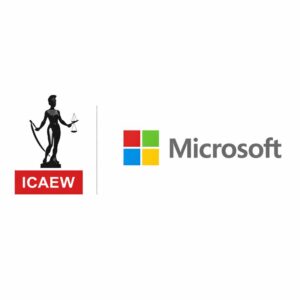Why Accounting Teams Are Turning to Jenesys AI

Many artificial intelligence providers aim for broad reach and scale. In contrast, Jenesys AI has adopted a more deliberate path. Instead of building general-purpose models, it has developed a tightly focused platform. This platform is engineered specifically for the operational, regulatory, and analytical needs of accounting, finance, and professional service firms.
Jenesys is not designed for casual use or speculative exploration. It is built for integration within real-world workflows, where accuracy, auditability, and compliance are non-negotiable. The result is an enterprise-grade system that blends machine intelligence with domain-specific expertise.
Built for Accountants, Not Just Engineers
At the core of Jenesys AI lies a proprietary natural language engine trained on structured and unstructured financial documentation. This includes tax submissions, general ledgers, working papers, compliance narratives, and regulatory filings.
The platform ingests and parses financial data at speed, identifying relationships, inconsistencies, and required actions. Users can query documents in plain language. They get structured responses with full source traceability. Users can also trigger automated workflows based on predefined criteria.
Unlike traditional robotic process automation (RPA) or static OCR tools, Jenesys combines semantic understanding with workflow logic. For example, when processing a batch of tax returns, it does more than extract fields. It interprets context, applies logic gates for anomalies, and prepares submission-ready files with compliance documentation included.
Plug In, Power Up: Integrating Seamlessly With Finance Tech
Jenesys has prioritised interoperability. The platform connects directly with accounting and ERP systems like Sage, Xero, QuickBooks, IRIS, and Microsoft Dynamics. Through standard APIs and secure data gateways, Jenesys integrates into existing tech stacks with minimal configuration.
This compatibility allows firms to run end-to-end processes entirely within Jenesys’ engine. Tasks such as client onboarding, KYC verification, reconciliation, report generation, and audit trail compilation can all be centralised. According to internal platform metrics, firms using Jenesys report a 38% reduction in manual review cycles. They also see a 33% improvement in monthly close efficiency.
The ability to model and automate entire workflows rather than individual tasks has enabled adoption among mid-market firms. It has also been embraced by enterprise finance teams seeking consistency across multiple departments or business units.
Built-In Compliance, Not Bolted On
Jenesys has engineered compliance into the architecture. The platform applies rules-based logic aligned with UK financial regulations, HMRC standards, and global tax frameworks. Each document or report generated by it includes embedded citations. It also includes data lineage. This ensures users can check each output to its original source.
The platform’s audit functionality allows reviewers to drill down into any recommendation or output. This has proven particularly valuable for assurance teams who must confirm internal models or respond to regulators.
Jenesys conducted a controlled user group study with five UK-based firms. This study resulted in a 45% reduction in time spent on audit preparation. This was accomplished without reducing the depth or rigour of review.
Modular Tech, Strategic Growth
Jenesys is built on a modular architecture. Firms can adopt individual tools or implement the full stack. Modules include:
- Document Intelligence for parsing and analysing structured and unstructured financial content
- Compliance Navigator for automated risk assessment and anomaly detection
- Advisory Assistant for surfacing strategic recommendations based on client portfolios
- Workflow Studio for designing custom processes with conditional logic and triggers
This modularity allows firms to expand over time. They start with specific use cases, such as tax processing or report generation. Then, they move to more strategic applications like client segmentation or performance forecasting.
Security First, Always
Given the sensitivity of client data, Jenesys has invested in rigorous security protocols. Data is encrypted in transit and at rest. All processing is handled within UK-based data centres compliant with ISO/IEC 27001 standards.
The software offers configurable user roles, granular access control, and full activity logging for internal governance. Clients also have the choice to turn off model learning from proprietary documents, ensuring total isolation of private data.
These measures align with the increasing expectations around digital risk management. They have helped Jenesys secure contracts with firms handling high volumes of confidential financial data.
AI That Supports Strategy, Not Just Speed
Jenesys is not attempting to replace accountants or auditors. Instead, it augments their decision-making and streamlines the execution of routine tasks. By embedding intelligence into everyday processes, it enables professionals to work at a higher level of precision and efficiency.
The next phase for Jenesys involves further development of its analytics capabilities. Planned features include scenario simulation tools, ESG reporting modules, and cross-jurisdictional compliance mapping.
As AI becomes more embedded in professional services, platforms like Jenesys will define the new standard. The focus is no longer simply on reducing costs or increasing speed. The emphasis is now on delivering accuracy, defensibility, and transparency at scale.





